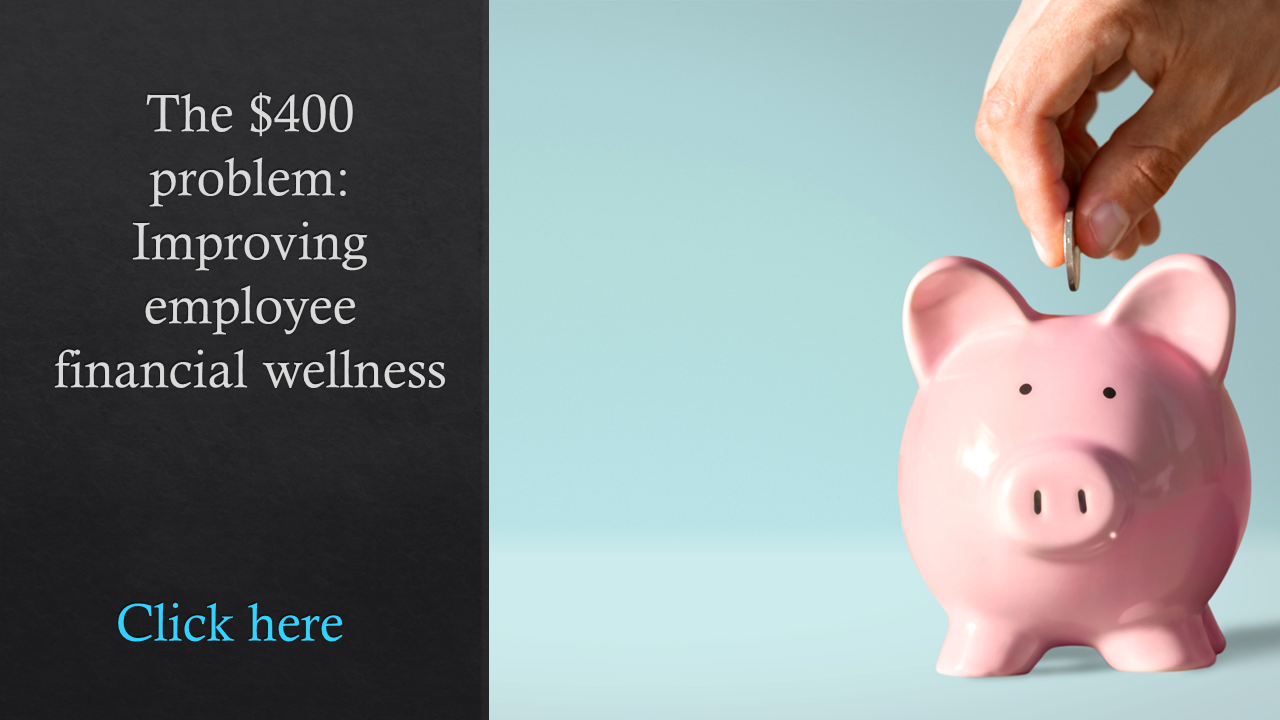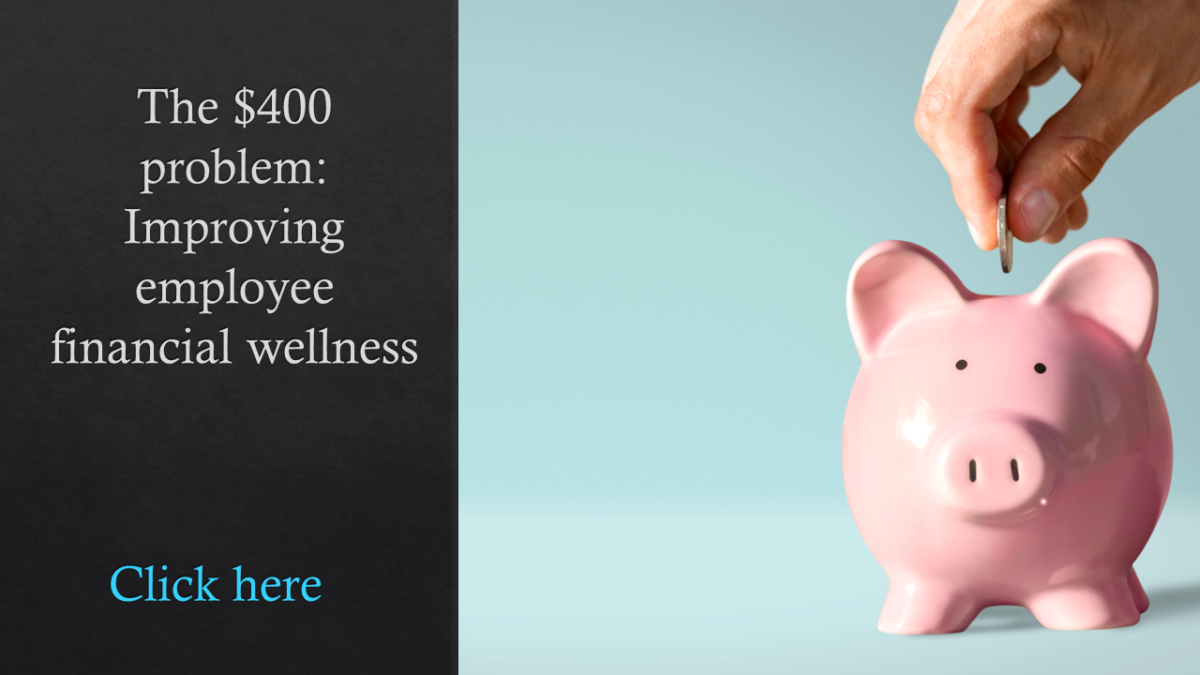Four in 10 hourly workers have no savings whatsoever, according to a survey of 3,000 hourly workers from instant pay company Branch. However, that figure is significantly better than where it was a year ago: In 2020, the percentage of hourly workers with $0 savings was 52%. Meanwhile, the portion of workers with more than $1,000 saved for emergencies doubled from 7% to 15%, according to Branch.
What it means to HR leaders
Hourly workers’ financial situations saw improvement in the last year, likely due to rising wages and stimulus checks, Branch experts note. The improvement also comes as more employers prioritize employees’ financial security—which has been especially vulnerable because of COVID-19.
Emergency savings programs have been an emerging benefit trend over the past year, with experts saying helping workers build a financial cushion is vital, as the majority of workers have little to no savings and cannot afford unforeseen expenses. Those financial problems then have a direct effect on the workplace, as financial stress can wreak havoc on productivity, presenteeism, health and more.
 Suze Orman, personal finance expert, Secure co-founder and podcast host, said earlier this year at HRE’s Health & Benefits Leadership Conference that employers have an obligation to help employees save and feel financially secure. “An emergency fund offers hope,” she said. “The one word—besides secure—that I hope you want to give to all your employees is hope. Without hope, it’s like you’re asphyxiated; you can’t breathe. And sometimes, just a little action instills hope.”
Suze Orman, personal finance expert, Secure co-founder and podcast host, said earlier this year at HRE’s Health & Benefits Leadership Conference that employers have an obligation to help employees save and feel financially secure. “An emergency fund offers hope,” she said. “The one word—besides secure—that I hope you want to give to all your employees is hope. Without hope, it’s like you’re asphyxiated; you can’t breathe. And sometimes, just a little action instills hope.”
Of course, the Branch results show many employees, especially hourly workers, are still in a dire financial situation—one that HR leaders would be wise to help with financial wellness benefits, emergency fund options and higher wages.
“Especially as workers recover from the financial toll of the pandemic, companies that offer wages and benefits that can set workers on a stronger path to financial and career stability will win out,” says Branch CEO Atif Siddiqi.
